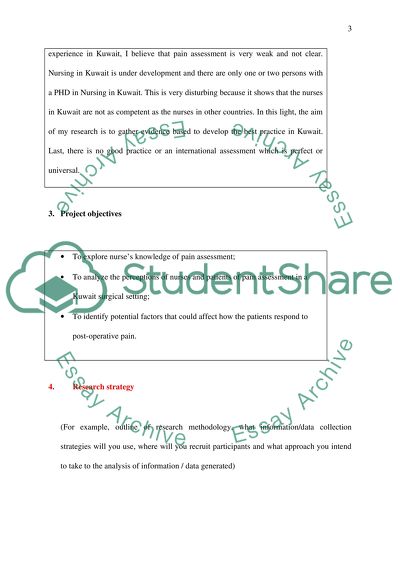Cite this document
(“Acute pain for postoperative patients in Kuwait Assignment”, n.d.)
Acute pain for postoperative patients in Kuwait Assignment. Retrieved from https://studentshare.org/nursing/1482748-acute-pain-for-postoperative-patients-in-kuwait
Acute pain for postoperative patients in Kuwait Assignment. Retrieved from https://studentshare.org/nursing/1482748-acute-pain-for-postoperative-patients-in-kuwait
(Acute Pain for Postoperative Patients in Kuwait Assignment)
Acute Pain for Postoperative Patients in Kuwait Assignment. https://studentshare.org/nursing/1482748-acute-pain-for-postoperative-patients-in-kuwait.
Acute Pain for Postoperative Patients in Kuwait Assignment. https://studentshare.org/nursing/1482748-acute-pain-for-postoperative-patients-in-kuwait.
“Acute Pain for Postoperative Patients in Kuwait Assignment”, n.d. https://studentshare.org/nursing/1482748-acute-pain-for-postoperative-patients-in-kuwait.


